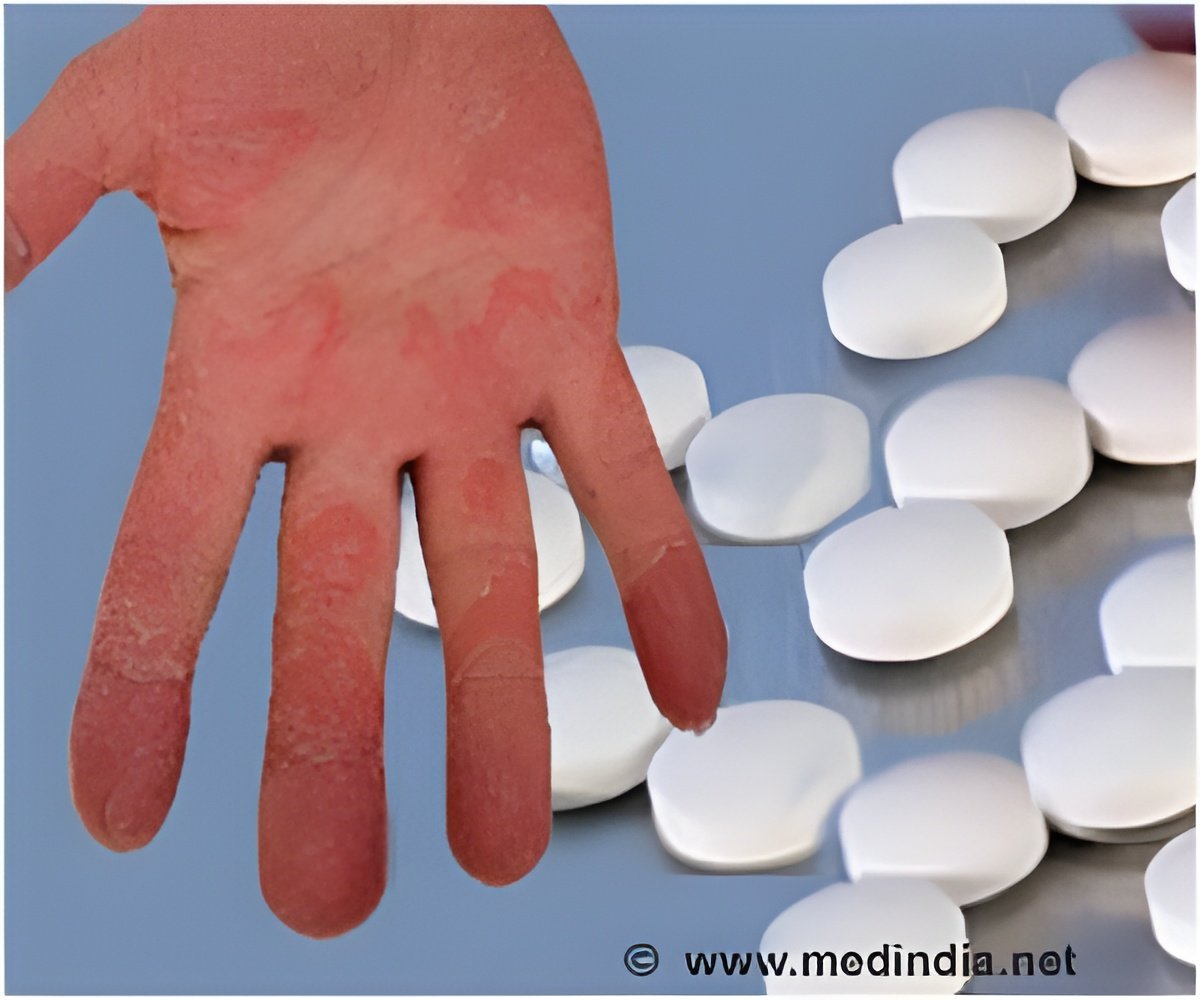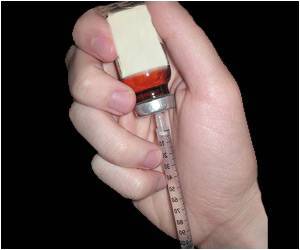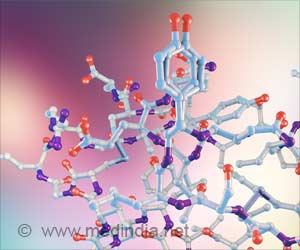Positive clinical trial results from the use of microbiome-targeted therapeutics in psoriasis could push the way for microbiome-targeted therapeutics in a rare, painful skin condition.

‘Hidradenitis suppurativa (HS) specific patterns in patients’ skin and gut microbiomes suggest that they are similar to psoriasis skin condition.’





The exact cause of hidradenitis suppurativa is unknown, but it occurs near hair follicles where there are sweat glands, usually around the groin, bottom, breasts, and armpits.Currently, effective therapies for the disease are limited, leading to a great unmet need for better treatment options.
A new study presented at the European Academy of Dermatology and Venereology (EADV) Congress 2021, confirmed reduced microbiome diversity in HS, as well as abnormally elevated levels of bacterial strains in skin samples of HS patients.
Notably, Ruminococcus gnavus was over-abundant in the fecal microbiome of HS patients, a finding similarly reported in Crohn’s disease.
Inflammatory bowel disease (IBD) is a relatively common comorbidity of HS, affecting about 1–3% of patients. It is possible that common microbiota alterations in HS and IBD could serve as a link between these comorbid conditions.
Advertisement
There is currently one microbiome-targeting pipeline candidate for PsO, Evelo Biosciences’ EDP-1815, which targets skin symptoms via the modulation of gut microbiota.
No microbiome-targeting therapies are currently under development for HS, but the data presented at EADV 2021 suggest that this disease may be a good candidate for a microbiome-targeting approach similar to that used in PsO.
Source-Medindia















